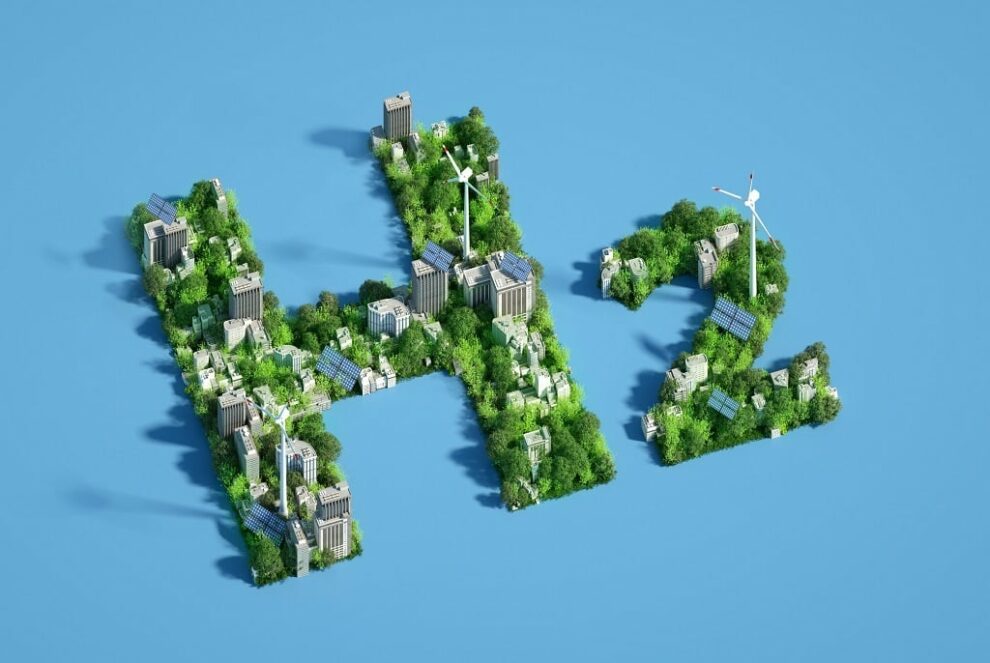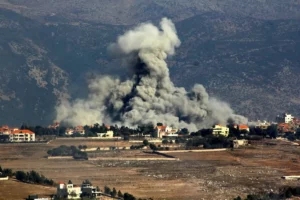African countries are aspiring to establish themselves as renewables-driven hubs to supply escalating global demand for green hydrogen, just as hydrogen diplomacy has intensified in recent years, with the EU outpacing other competitors on the green hydrogen front in Africa.
More than 50 projects have now been proposed across Africa to supply an expected surge in global demand for green hydrogen and products that depend on it, with Egypt, Morocco and Mauritania leading the way in North Africa. All of them are well located to serve European markets, just as a joint European Union/African Union report recently noted that Africa has “extraordinary green hydrogen potential”, and a 2022 study by the European Investment Bank concluded that Africa is worthy of a €1-trillion investment in green hydrogen, which could make the continent an international energy powerhouse.
“As African nations seek to minimize energy poverty, they find themselves at a unique crossroads in 2023,” says NJ Ayuk, Executive Chairman of African Energy Chamber. “Africa’s climate and geography are ideally suited to take advantage of renewable energy, giving the continent a bright outlook for growth in this sector over the coming decades, particularly in the area of green hydrogen,” Ayuk adds. The International Energy Agency (IEA) in its Africa Energy Outlook 2022 noted that global declines in the cost of hydrogen production could allow Africa to export green hydrogen to Europe at internationally competitive prices by 2030. The IEA also predicted that in the long run, Africa is capable of producing as much as 5,000 megatons of hydrogen a year — equivalent to the total global energy supply today. Key to this prediction is IEA’s estimate that Africa — and North Africa, in particular — has 60% of the world’s best solar resources, along with massive wind potential around the northern and southern coasts and the Horn of Africa.
Source: The North Africa Post

















Add Comment